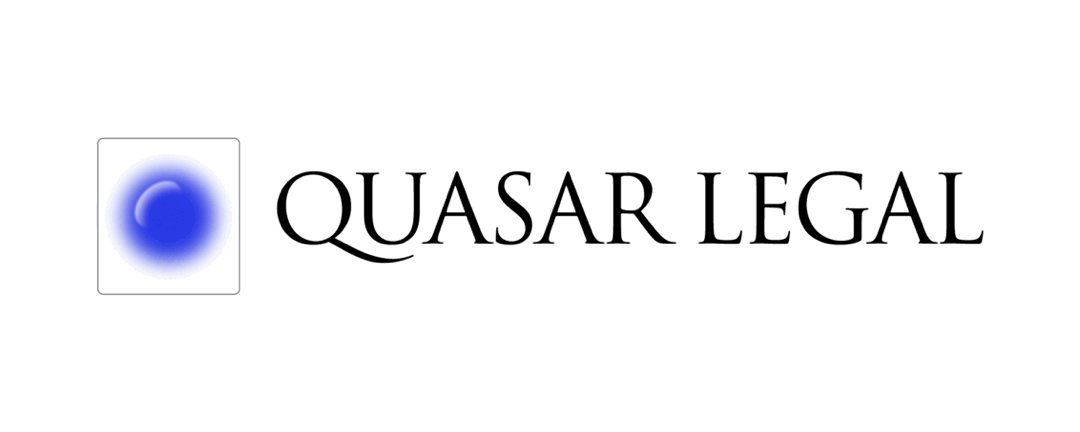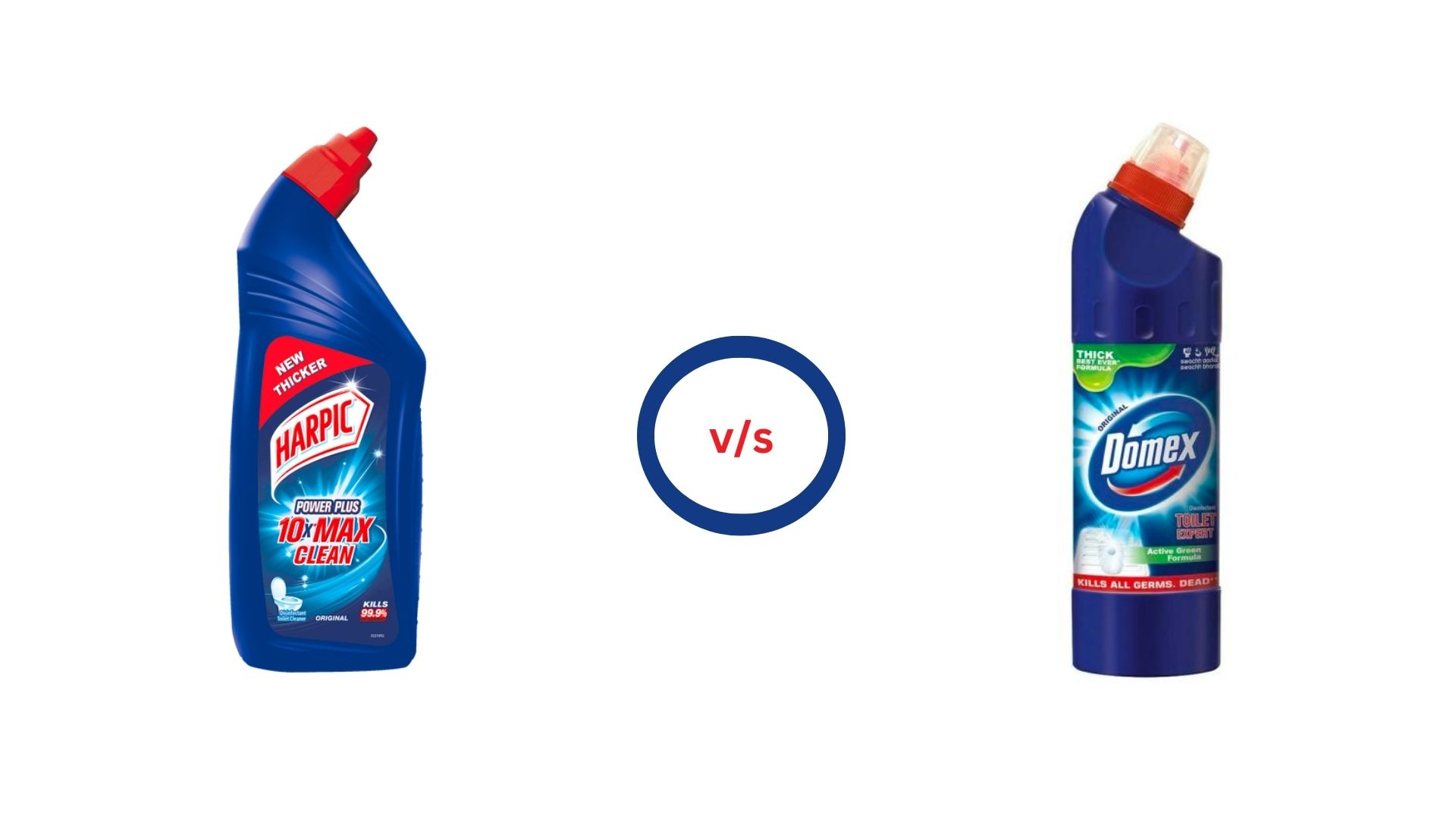The Delhi High Court has in the case of Snapdeal Private Limited v. GodaddyCom LLC and ors, opined that Domain Name Registrars (DNRs) are “intermediaries” within the meaning of Section 2(1)(w) of the Information Technology Act, 2000 (the Act) and are eligible for safe harbour protection under Section 79 of the Act, if they are not working for additional profits.
Snapdeal had recently filed a trademark infringement case in the Delhi High Court against various Domain Name Registrars (DNRs), the Department of Telecommunications and the National Internet Exchange of India. The contentions raised were that DNRs, including “GoDaddy.com” were providing domain names containing the trademark “Snapdeal” to new registrants. This was done at a higher price, thereby allowing the DNRs to make profits out of the goodwill earned by the “Snapdeal” trademark. By doing so these DNRs were violating Sections 28 and 29 of the Trade Marks Act, 1999. The said issue had been going on since 2018 and the Delhi High Court had regularly passed orders and injunctions regarding the same.
On the other hand, the DNRs countered by stating that they were intermediaries within the meaning of the Act, and were therefore protected under section 79 of the Act. The DNRs also reiterated that providing alternate domain names was an automated process, hence they exercised no control over it. In matters pertaining to exercising control over the selection of alternate domain names, Snapdeal pointed out that the DNRs had the option of blocking the “Snapdeal” trademark from appearing as an alternate domain name, implying that they deliberately choose to infringe it. Hence, Snapdeal approached the court seeking an interim injunction against the DNRs and an order directing them to suspend any future registrations that might infringe Snapdeal’s trademark.
According to the Delhi High Court, domain names are considered to be electronic records, and since DNRs offer services relating to domain names that are obtained from a single Domain Name Registry, they qualify as “intermediaries” under section 2(1)(w) of the Act. The DNRs in the current case offered substitute domain names for a fee in the event that the registrant’s preferred domain name was not available and even charged more for popular domain names, such as those that included allegedly infringing Snapdeal trademarks. By using the allegedly infringing trademarks “in the course of trade,” the DNRs were therefore clearly acting for financial gain. Due to this, the DNRs were in violation of the Trade Marks Act’s section 29(4) and thus were liable.
The Court reached the conclusion that the DNRs may be held accountable for violating the Trade Marks Act, but it declined to issue an injunction prohibiting the DNRs from registering any domain names in the future that might violate Snapdeal’s trademark. The Court ruled that future actions cannot be based on fictitious or hypothetical infringements, nor can it be determined in advance that all potential replacement domain names for ‘Snapdeal’ as a word or thread would be illegal.



